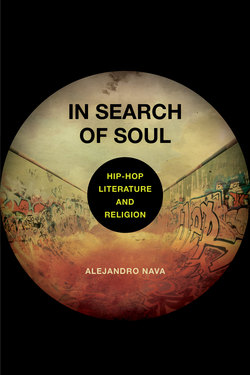In Search of Soul

Реклама. ООО «ЛитРес», ИНН: 7719571260.
Оглавление
Alejandro Nava. In Search of Soul
Отрывок из книги
In Search of Soul
Hip-Hop, Literature, and Religion
.....
Those who adhered to this classic reading of the concept of the soul and resisted the temptations of the new continued to shepherd many of the grievances brought against the most vulgar and defiling aspects of capitalism. Already at the dawning of modernity, in the early eighteenth century, a figure like Soren Kierkegaard expressed his befuddled dismay at the seeming ease with which Christianity embraced the new bourgeois world. He called this new order “Christendom,” a term that signified the betrayal of Christianity and victory for the gods of profit and shameless self-interest (there are no Christians in Christendom, Kierkegaard famously remarked). Christendom represented for him an unmistakable calamity, the parade of glory and power instead of abasement and abnegation, the promotion of sentimentality and mawkishness in lieu of the message of the cross, philanthropy instead of true agape.55 In these betrayals and others, Christendom was for Kierkegaard a secular order entirely devoid of Christian principles, a civilization now ruled, secretly, by the golden calf or the great beast of Revelation. As the lowly hidden God, a man of sorrows, despised and rejected by all, Jesus is a stranger to Christendom, his teachings discarded, discounted, and unheeded.
In confronting his readers with the strange wisdom of the cross, Kierkegaard reminds us that any Christian rendition of theology begins and ends with the full scope of Jesus’s incarnation, born into humble circumstances and fated to die in humiliating and ignominious circumstances. Christendom was a target of so much of Kierkegaard’s fury because it recoiled from this difficult message, preferring a theology of triumph to the desolation and absurdity of the cross, aligning itself with the rich and powerful instead of the poor and destitute, preferring Easter over Good Friday. In its glaring discomfort with suffering and death, with human finitude and frailty, Christendom retreated from these realities the way the priest and Levite cringed at the wounded man on the way to Jericho.
.....